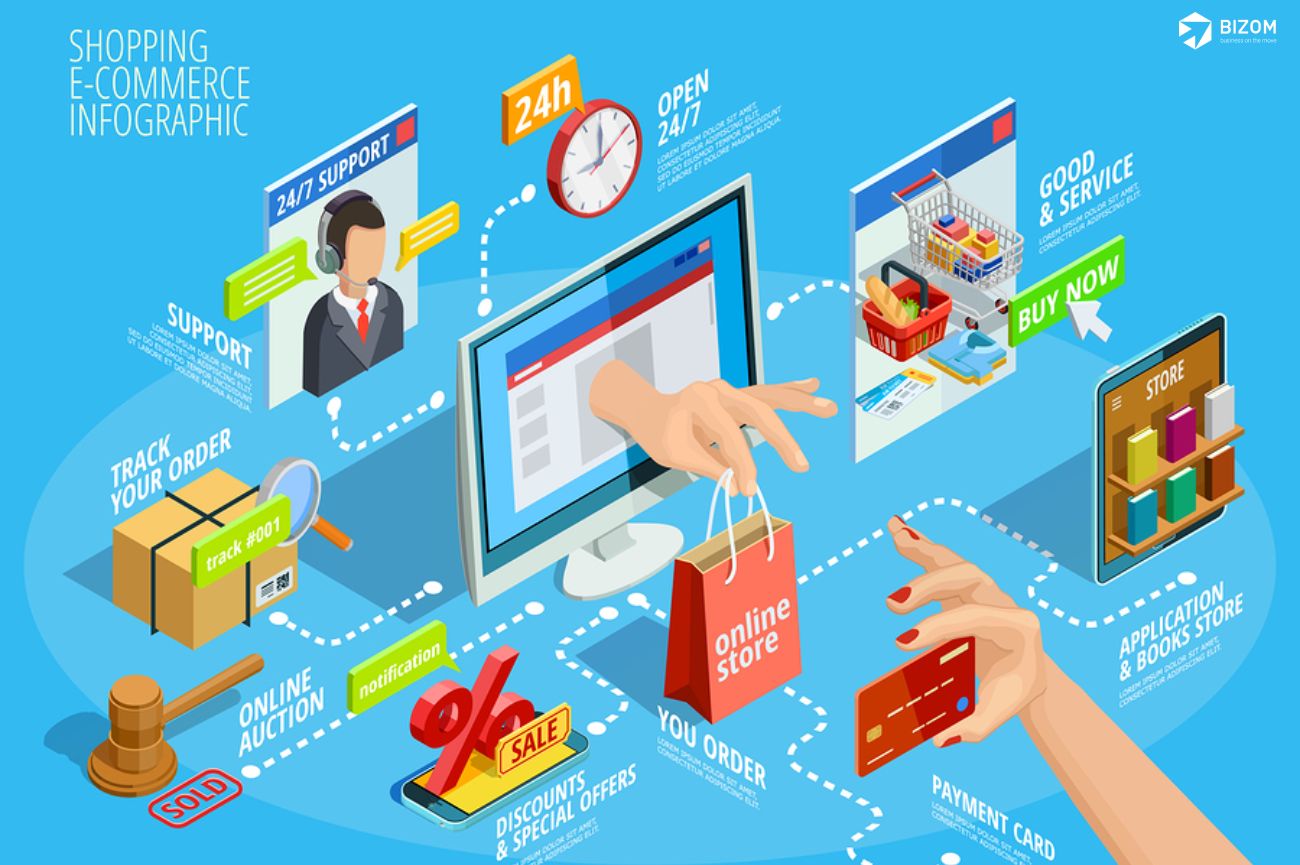Wanna build a B2B eCommerce marketplace? But can you deliver?
by Lalit Bhise
November 16, 2020 | 02 min read
Share:

Building a B2B e-commerce marketplace is in fashion today. Everyone, from Reliance to a small town distributor, wants to build their own. The Bizom team identified this opportunity back in 2016 and even launched our own B2B eCommerce product called Distiman in Mysore and Kolhapur to experience how it works first-hand. With that experience, when I hear a new idea of a B2B eCommerce marketplace, my only question is “Can you deliver in 24 hours?”
Standard FMCG fill rates in general trade channels in emerging markets are dismal at 65%. Retailers are used to this kind of pathetic service for all the brands. But when we empower them with technology, the fill rate is 100% – similar to Amazon and other eCommerce websites.
When we ran Distiman operations, we achieved more than a 95% fill rate with 24-hour delivery, and here are three things we learned while doing it.
Technology should be simple, integrated, and transparent
When we talk about technology, people get very creative and excited. Especially non-tech guys. I have heard a million strange ideas in this space, including how to use voice recognition, OCR, eye retina-based authentication, and other fictional stories.
If you want to enter this business, my humble suggestion is for you to keep your tech simple, something a 6-year-old can use. Don’t get adventurous with AI, ML and other emerging technologies. The new-fangled tech will make your tech stack complicated. Most users know how to use WhatsApp and Amazon. Ensure your UI is comparable to the much-used apps. Distiman ensured the retailer app is a three-click UI and succeeded immensely.
Other essential things are integrated tech (more about that in the next point) and a transparent UX that gives the user all inputs wrt pricing, availability, and delivery status.
It’s not only the retailer app – digitally transform the whole stack
Other popular misconceptions are that B2B eCommerce is about the app for retailers and that the backend runs entirely on Excel sheets. The retailer app is just the tip of the iceberg.
You cannot deliver value to retailers if your whole supply chain and distribution stack are not digital. You can’t just build a retailer app and expect to be in business. It would be best if you had a full-stack solution like Bizom.
Demand forecasting – auto-replenishment, etc. is a must
While it’s better to rely less on AI for retailer apps, there are many cool things that you can do for your distribution with AI. Most significantly, you can ensure a near 100% fill rate with a 24-hour turnaround time. Auto replenishment will ensure a 24-hour turnaround time, smart routes will make your feet-on-street teams more effective and suggested orders will help everyone to maintain a 100% fill rate starting with consumers to super stockists.
Bonus: Digital transformation is not for the weak-hearted. If it’s not strategic for you, don’t do it.
In summary, Bizom’s tech stack can help you build an end-to-end B2B eCommerce platform, whether it is led by inventory, the marketplace, or a mix of the two. While technology will do its work, you will have to work harder on operational excellence. It means working with large operations teams, channels, and brands and managing their expectations.
Expect to meet a great deal of resistance despite the opportunities that digital transformation offers. The winner, in my opinion, is the one who can keep noise out and build a seamless operational organization with the right team and partners. So if you want to be in this space, do it only if it’s strategic for your long-term roadmap and if you have the patience to build this business over the next 5-10 years.



